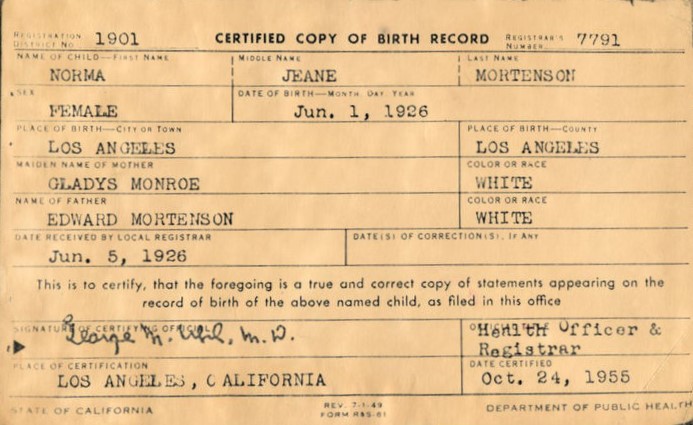
The brick wall is the ultimate challenge for any researcher, professional or novice; and we all have a few walls that we try to scale from time to time. We just know that somehow, somewhere, there is a vital clue that will cause the whole wall to come crashing down.What do you do when you have exhausted all of your resources? You simply look again - but from a different angle. When researching we can become very tunnel-visioned and fail to see the clues that are close at hand. We get stuck thinking that what we think we know is the whole truth. Perhaps it is, but chances are there are a few details that may have been skewed through time and telling.
So let's take a look at a hypothetical brick wall:
"Great-Grandma was born in Windsor, Ontario, Canada and met Great-Grandpa there. They fell in love, married, moved to Detroit, raised 5 children, and lived in the same house for 50 years. We were told that there was a sixth child, but can't find any records. We also can't find anything on Great-Grandma or her family in Windsor beyond her marriage record. Help!"
There isn't a lot of information to go on, but let's take a look from a different angle.
- Great-Grandma was born in Windsor, Ontario, Canada, or was she? If you haven't found her yet, then maybe her birth in Windsor was assumed because she lived there at some point. Check that marriage certificate for clues. Some records have more information than others. Expand the search to other areas of Ontario and Michigan. You find a few possible matches and you can now flesh out those new leads. A few solid connections and your brick wall begins to crumble. You just might suddenly find Great-Grandma's parents and her siblings. (And, hypothetically, she was born in Toronto along with her eight siblings! Now you have a whole new world to explore. You're welcome.)
- Five or six children? You just aren't sure because no one would really talk about it and your Grandmother was just a little girl at the time. She can only remember her mother being sick and crying a lot. Take a good hard look at census records. Don't just trust the indexed information, open the document and take a good hard look at it. Was there an unusual gap in years between any of the siblings listed? If so, you have narrowed down the years of a possible birth/premature death of an infant. Don’t forget to look for a gap between the year of marriage and the oldest child listed; as well as searching the years after the youngest child listed. If your Grandmother remembers something traumatic happening, then search 4 or more years after your Grandmother’s birth. Just keep in mind that the traumatic event your Grandmother remembered might not be the same traumatic event as the death of a sibling.
Work the scenario, but don’t make it a fact until you have concrete evidence. Where was the family living at the time? Check death/burial records, church records, and cemeteries located near their residence. Check the cemetery where Great-Grandma and Great-Grandpa were eventually buried.Look at your brick wall from all different angles. Don't be afraid to explore a different scenario from the original version of the story. Consider everything, assume nothing.. When it becomes too frustrating set it aside for awhile. With the rate of records being added to various sites each day, if the clues aren't there yet, they will be shortly.Click here to receive help from an expert with the brick walls in your genealogy research.




